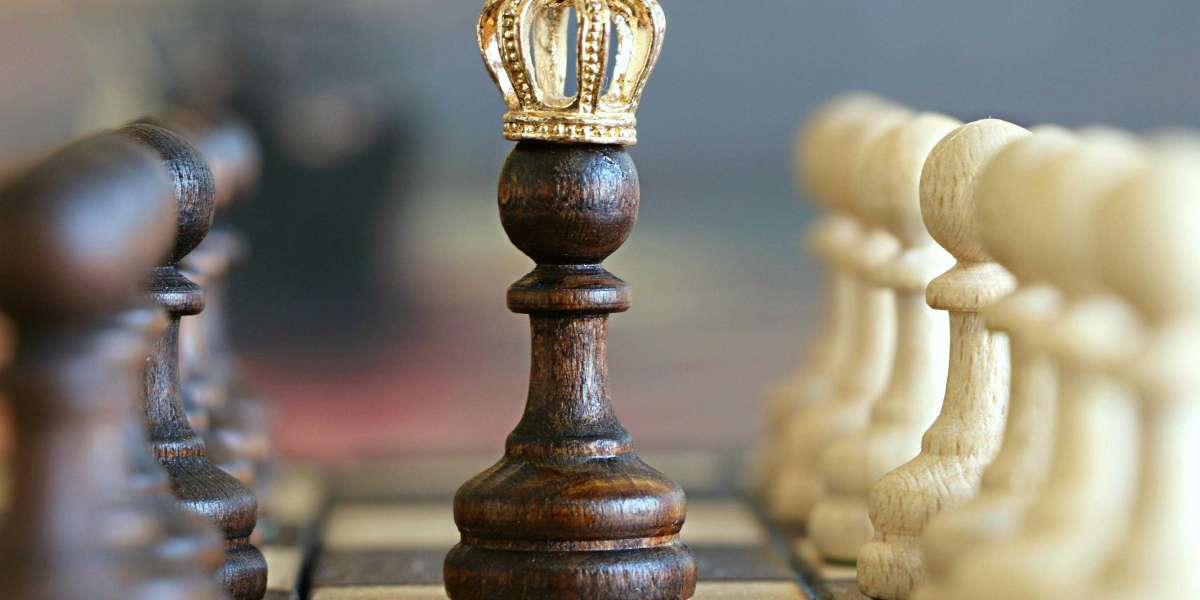The concept of intelligence quotient (IQ) has long fascinated humanity, inspiring curiosity about the minds that have shaped our understanding of the universe. From the groundbreaking discoveries of Albert Einstein to the linguistic and mathematical prowess of William James Sidis, the Highest IQ in the World, in the world have consistently pushed the boundaries of human potential. In this article, we will delve into the remarkable stories of individuals who have achieved exceptional cognitive abilities, exploring the remarkable feats they have accomplished and the lessons we can learn from their achievements.
The Pinnacle of Human Intelligence
IQ scores are standardized measures of an individual's mental ability, with higher scores indicating greater cognitive capacity. While IQ tests are not the sole indicator of intelligence, they provide a valuable benchmark for comparing the mental abilities of different individuals. The highest IQs in the world are often associated with exceptional achievements in various fields, such as science, mathematics, and art.
The Top 5 Highest IQs in the World
- William James Sidis (250-300): An American child prodigy, Sidis entered Harvard University at the age of 11 and graduated at 16. He was known for his mastery of multiple languages and his work on the origins of life, predicting the existence of black holes.
- Ainan Cawley (263): A Singaporean child prodigy, Cawley began studying chemistry at Singapore Polytechnic at the age of eight and could recite pi to 518 decimal places by nine. He has also composed music for short films.
- Carl Gauss (250-300): A German mathematician, Gauss is considered one of the greatest mathematicians of all time. He made significant contributions to algebra, statistics, and analysis.
- Terence Tao (225-230): An Australian-American mathematician, Tao is recognized for his work in partial differential equations and has received numerous awards for his contributions to mathematics.
- Michael Kearney (325): An American child prodigy, Kearney graduated from college at the age of ten and has since pursued a career in science and academia.
Other Notable Individuals
- Stephen Hawking (160): A British physicist and cosmologist, Hawking was the first person to discover that black holes emit radiation. He popularized complex physics concepts through accessible writing.
- Albert Einstein (160-190): A German-born physicist, Einstein is widely regarded as one of the most influential scientists of the 20th century. He developed the theory of relativity and is known for his work on the photoelectric effect.
- Nicolaus Copernicus (160-200): A Polish astronomer, Copernicus is credited with the heliocentric model of the universe, placing the sun at the center of the solar system.
- Nikola Tesla (160-310): A Serbian-American inventor and engineer, Tesla is known for his work on alternating current (AC) systems and his contributions to the development of electrical power distribution.
The Power of Intelligence
The highest IQs in the world are not solely a product of innate ability but also of dedication, hard work, and a passion for learning. These individuals have consistently demonstrated the capacity to push beyond the boundaries of what is considered possible, inspiring future generations to strive for similar achievements.
Conclusion
The highest IQs in the world are a testament to the incredible potential of the human mind. By exploring the remarkable stories of these individuals, we can gain a deeper understanding of the factors that contribute to exceptional cognitive abilities and the ways in which we can cultivate our own intelligence. Whether through rigorous education, creative pursuits, or innovative problem-solving, the pursuit of intelligence is a lifelong journey that can lead to remarkable achievements and a deeper appreciation for the limitless nature of human potential.


